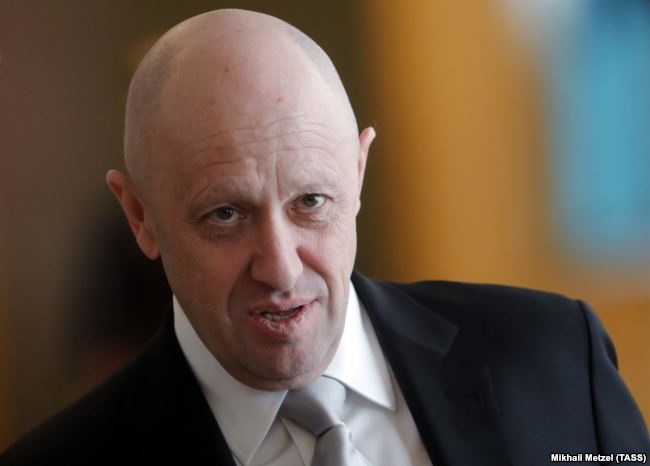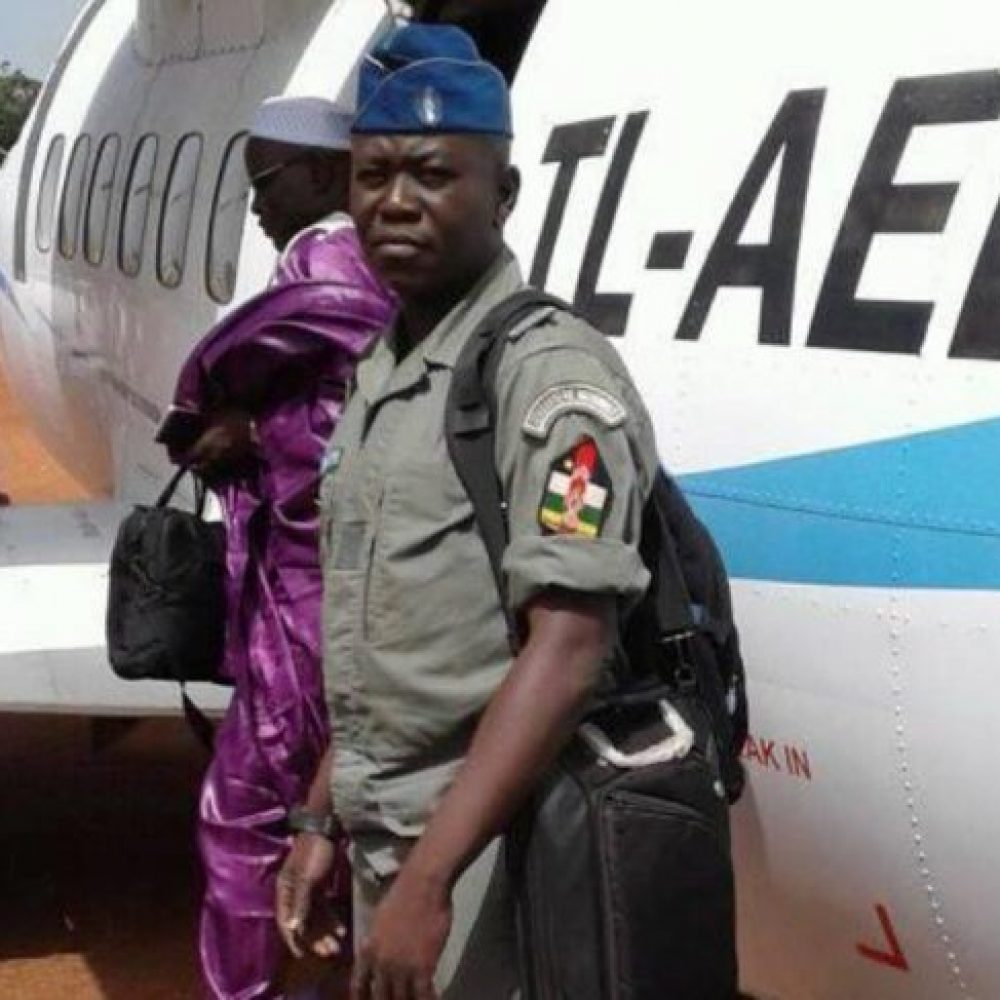The following article has been originally published by RFERL.org.
Private investigators working for former oligarch and Russian opposition activist Mikhail Khodorkovsky have urged the United Nations to push for a credible investigation of the July 2018 killings of three Russian journalists in the Central African Republic (CAR).
During a press briefing from London on January 10, the investigators from Khodorkovsky’s Dossier project said their preliminary investigation had uncovered evidence suggesting the involvement of mercenaries tied to Kremlin-connected tycoon Yevgeny Prigozhin in the killings — allegedly together with CAR law enforcement officials.
The journalists – Orkhan Dzhemal, Aleksandr Rastorguyev, and Kirill Radchenko – were shot dead on July 30, 2018, under murky circumstances while in the CAR to make a documentary film about the activities of the Russian mercenary firm Vagner there.
Khodorkovsky also funded the since-shuttered Investigation Control Center, the online news organization that sent the three journalists to the CAR.
The Russian Foreign Ministry and the CAR government have said the men were killed while resisting a robbery attempt. CAR officials said the perpetrators were Arabic speakers “in turbans.”
The official CAR investigation remains open.
The Dossier investigators said their probe has convinced them that there was an extensive and well-prepared plot to kill the journalists and to hinder any investigation into the incident.
“Taking into consideration the evidence contradicting the official version of the crime and the evidence indicating the involvement of mercenaries of the Vagner group and also considering the intentional efforts to obstruct our independent investigation, our goal is — with the support of the United Nations — to get the CAR and Russia to conduct an independent and thorough investigation of these murders,” said Dossier researcher Yekaterina Kretova.
The Dossier investigators say they were told by two CAR soldiers who were manning a checkpoint in the city of Sibu that a vehicle with three Caucasian men and two Africans passed through the checkpoint less than 20 minutes after the journalists passed through and less than an hour before they were killed.
One of the Africans was purportedly identified as police officer Emmanuel Touaguende Kotofio, who the investigators say was in constant contact with Prigozhin employees during this time.
“Kotofio organized and carried out monitoring of the [journalists] and, at the least, was present at the time and place of the murder,” the investigators concluded.
According to purported mobile-phone records that the Dossier investigators presented, Kotofio was in contact 98 times in July and August with Aleksandr Sotov, who was allegedly a security instructor with M-Finans, a Russian company tied to Prigozhin’s firm, M-Invest. Sotov allegedly registered his CAR mobile phone using a U.S. passport with the name Barret Travis Hammond.
Sotov, according to the Dossier probe, was in turn in contact by telephone more than 100 times with Valery Zakharov, a former St. Petersburg police investigator who has also been connected with the Vagner security group. Dossier also presented a purported document indicating that the same Valery Zakharov works as “a security adviser to the president of the CAR.”

Dossier investigators also found evidence indicating that Sotov worked for the Vagner mercenary group controlled by Prigozhin.
The investigators also looked into a mysterious local fixer named “Martin” who was working with the journalists and arranged a driver for them. The driver survived the attack in which the journalists were killed.
Martin was recommended to the journalists by Russian journalist Kirill Romanovsky, a correspondent with the FAN news agency, which is sponsored by Prigozhin. Romanovsky told the journalists to only contact Martin by text message through the WhatsApp application rather than calling.
The Dossier investigators were unable to confirm any information about Martin and believe no such person actually exists.
Prigozhin and three of his companies – Concord Management, Concord Catering, and the Internet Research Agency –were named in an October 2018 U.S. indictment charging them with funding and organizing operations aimed at influencing U.S. political processes, including the 2016 U.S. presidential election.
Prigozhin has also been sanctioned by the United States for his alleged involvement in Russia’s 2014 annexation of the Ukrainian region of Crimea and Moscow’s military support of separatist formations in parts of eastern Ukraine.
Although mercenary activity is illegal under Russian law, the Vagner group has been tied to military activity in eastern Ukraine and Syria, as well as security work in several African countries.

